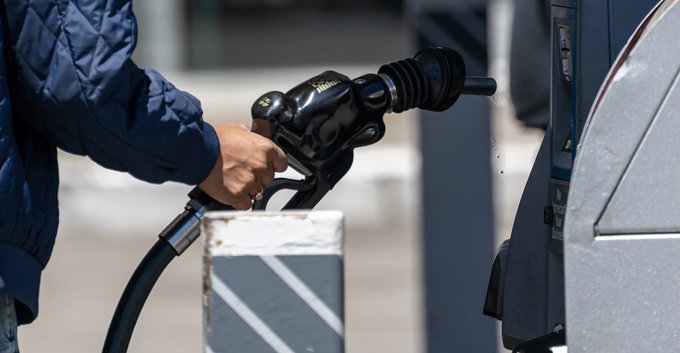Republicans’ Fuel Economy Rollback Will Make You Pay More at the Pump
If you’ve noticed your gas bill climbing, there’s a political reason behind it—and it’s not just inflation. Republicans are pushing to roll back fuel economy standards, making vehicles less efficient and more costly to fuel. The move has sparked backlash from environmental groups, industry experts, and everyday drivers, all of whom warn that the change will hit American wallets hardest. At the center of the storm is Transportation Secretary Sean Duffy, who recently announced plans to gut existing Corporate Average Fuel Economy (CAFE) regulations, claiming they unfairly favored electric vehicles.
How Fuel Economy Standards Affect What You Pay for Gas
Fuel economy rules like CAFE standards were designed to protect consumers during energy crises, ensuring cars became more efficient over time. By setting yearly increases in fuel efficiency, these policies help reduce how often you have to fill up your tank. But Duffy’s decision to pause and reverse these rules means newer cars may burn more gas—not less. And that translates into higher long-term fuel costs for American families. Experts say this rollback benefits automakers in the short term but burdens consumers with extra costs at the pump.
The Auto Industry’s Quiet Support for Higher Gas Costs
While this change may sound like bad news for buyers, the auto industry is largely backing the Republican-led rollback. Why? Looser regulations mean fewer hurdles in designing and manufacturing new vehicles. It’s cheaper for automakers to produce gas-guzzling models, especially trucks and SUVs, which are already big sellers. But that short-term profit strategy could lead to higher gas prices nationwide, reduced clean vehicle options, and greater carbon emissions—problems we’ll all end up paying for.
What This Means for Drivers and the Environment
Environmental advocates warn that scrapping fuel efficiency standards will result in more pollution, worse air quality, and greater climate damage. Katherine García of the Sierra Club bluntly stated that these policy changes “squeeze our wallets, endanger our health, and increase climate pollution.” For consumers, this rollback not only means more expensive commutes but also fewer affordable clean vehicle choices. In a time when energy costs are already high, many Americans simply can’t afford to backslide on efficiency.

